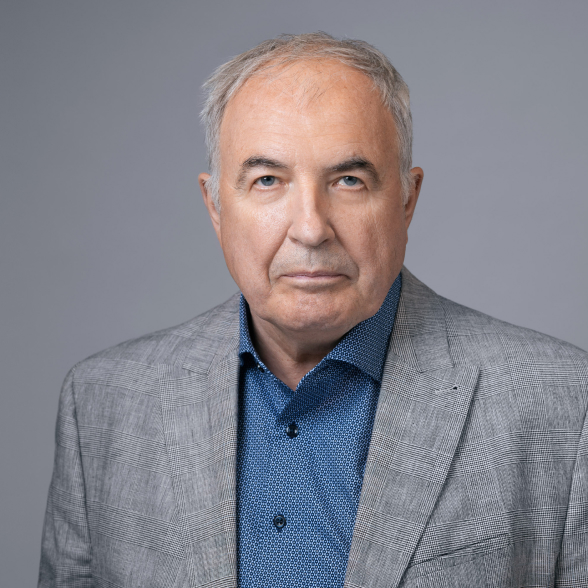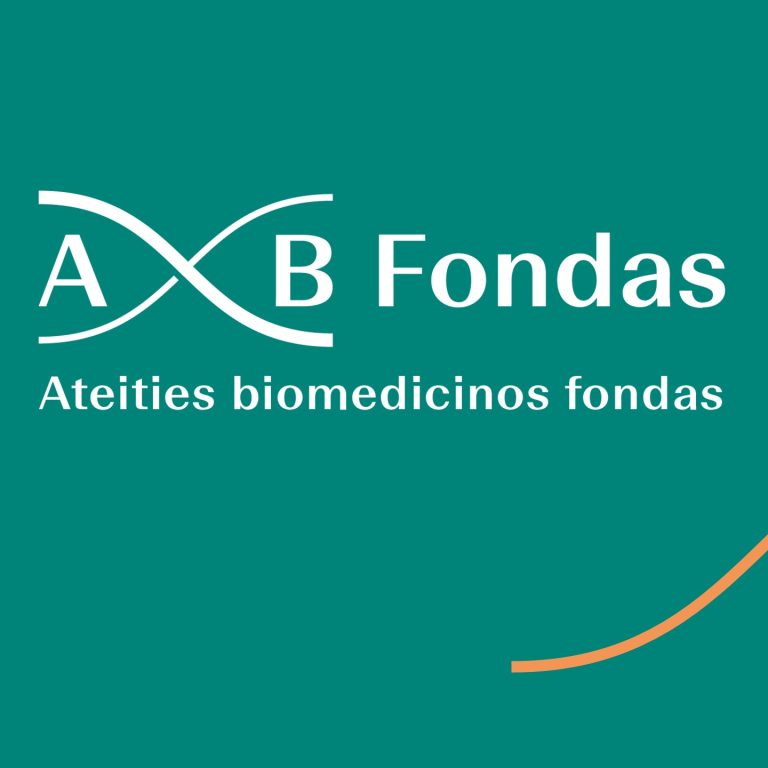The Future Biomedicine Foundation has signed a €1 million contract with the European Commission. A support agreement with the Vilnius University (VU) Foundation, worth €1.5 million. The funding is earmarked for the Chrono-epigenetics Programme at the Institute of Biotechnology, Life Sciences Centre, Vilnius University. Chrono-epigenetics is a new field of biomedical research that seeks to understand the general patterns of development, ageing and disease in the body.
The development of chrono-epigenetics in Lithuania was proposed by Prof. Artūras Petronis, a scientist at the University of Toronto, one of the pioneers of epigenomic research of human diseases worldwide. He is the head of the newly established chronoepigenomics programme at Vilnius University.
“Chrono-epigenetics is about molecular ‘clocks’ that regulate and coordinate the hundreds of different changes that take place in every cell of the body. If these biological time clocks get out of sync – if they start to run late, rush, or stop altogether – the body’s developmental processes are disrupted, ageing accelerates, or disease strikes. “Clock-based disease markers may open up new perspectives for the early diagnosis, treatment and prevention of common and serious human diseases such as cancer, diabetes and atherosclerosis,” says Prof. A. Petronis.
According to Prof. Arvydas Janulaitis, the founder of the Future Biomedicine Foundation and a pioneer of biotechnology in Lithuania, medical progress is based on fundamental discoveries in molecular biology, which have led to a deeper and deeper understanding of the fact that each person is unique not only in terms of character or life experience, but also in terms of genetic, epigenetic and other biological individuality.
“All of this influences who will get the disease and what the characteristics of the disease will be. Treatment is much more effective when the individuality of each patient is taken into account, which is the ultimate goal of personalised medicine. The Future Biomedicine Foundation is committed to ensuring that research into personalised medicine is also carried out in Lithuania. We hope that the chrono-epigenetics programme will accelerate the progress of both basic and applied biomedical sciences in Lithuania and the world,” says Prof. Janulaitis.
As Justinas Noreika, Director of the VU Foundation, points out, this is the largest targeted support agreement in the history of the VU Foundation.
“We thank Prof. Janulaitis and the Future Biomedicine Foundation for investing in Lithuania’s scientific breakthrough. The research programme of Prof. A. Petronis significantly contributes to the development of biomedical sciences in Lithuania and to the growth of VU’s prestige in the international context of science,” said J. Noreika.
The Future Biomedicine Foundation, the only foundation specialising in personalised medicine research, is set up in 2022 and has earmarked €10 million to fund research in this field in Lithuania.




